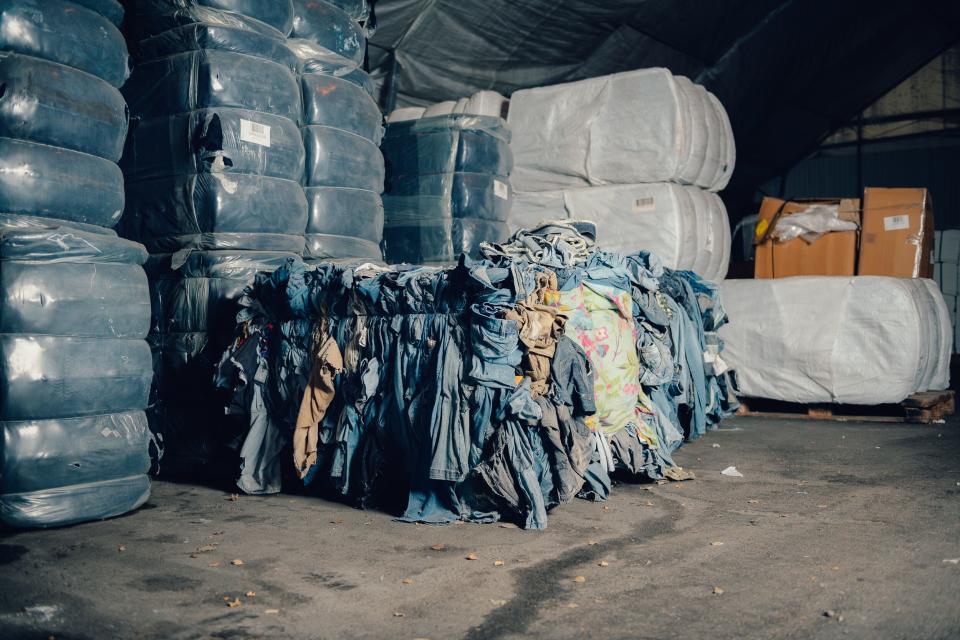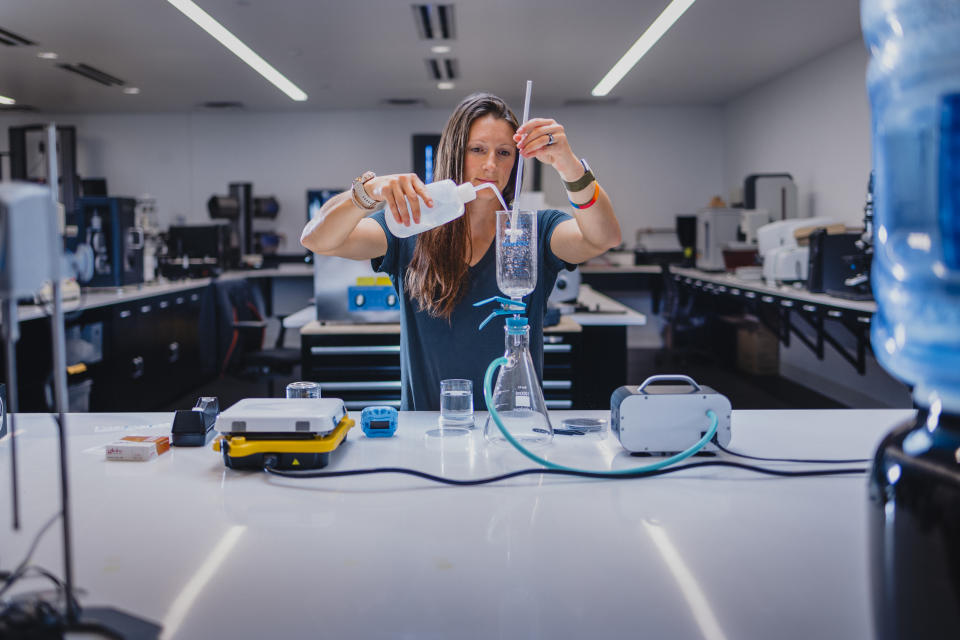BOSS MOVE: Hugo Boss is backing a new 100 million euro venture capital fund with Zurich-based Collateral Good to invest in start-ups and technology aimed at accelerating sustainability in the fashion industry.
With a target of 100 million euros, around 10 million euros will be an investment directly from the German fashion company over five years, to invest 1 million to 3 million euros in 20 to 25 start-ups in the sustainable fashion space. Other investors will come from a mix of family offices and asset managers.
More from WWD
Former Adidas Ventures managing director Martin Ott will lead the fund, called Collateral Good Ventures Fashion I.
“The partnership with Collateral Good perfectly complements our sustainability strategy ‘For a bold and better future,’ which strives for a planet free of waste and pollution. Through this new type of investment, we will be looking for new solutions to focus on areas such as increasing circularity, using only environmentally positive materials, eliminating microplastic pollution and achieving zero emissions,” a said Boss chief executive officer Daniel Grieder.
The fund will invest in projects including textile recycling, upcycling of raw materials, preventing the release of microfibers as well as repair and care solutions.


QUILL UP: Circular maker Renewcell has a new chief financial officer. Shipping executive Peter Schultz will join the textile-to-textile recycling firm in Sweden starting in January.
The hiring comes as Renewcell seeks to stabilize its executive ranks as it faces financial challenges following slower-than-expected sales. He is still trying to fill the position of CEO, and Magnus Håkansson will hold the position in the meantime.
The Swedish company produces Circulose, a textile pulp made from chemically recycled cotton waste, and runs one of the world’s first commercial-scale textile-to-textile recycling plants.
With that plant online, it has the current capacity to produce around 60,000 tonnes of pulp annually, increasing up to 360,000 tonnes a year by 2030.
Still, the firm is producing and selling at about half of its break-even point, according to Håkansson in the company’s third-quarter results release on November 7.
He asked companies to back up their commitments to move to circular materials and buy the material, or enter into sales agreements to pass Circular through the supply chain.
The company will release its full year results on February 13.


UNDER COVER: Under Armor has partnered with testing solutions provider James Heal to make its fiber shed testing method widely available to other brands.
The athletic clothing maker developed the test method to help brands understand how much their microfiber products lose at various stages including production, wear and cleaning. The company is making it public so other brands can track their own contribution to the problem.
“Until now, integrating fiber shed testing into the industry’s research and development activities has required a significant investment of time and cost,” said Under Armour’s senior vice president of innovation, Kyle Blakely.
“At Under Armour, we believe early intervention is critical to mitigating the release, which is why our testing method is designed to specifically address these time and cost barriers to entry. Thanks to our partners at James Heal, we are excited to make our innovative testing method widely available while addressing our own environmental impact,” he said.
Under Armor worked with UK-based James Heal for the past eight months to develop the kits.
Brands purchasing the kits will also receive ongoing support from research and certification company Hohenstein, which will act as a neutral third-party facility for testing and technical guidance.
Under Armor provided free kits to high-volume textile mills in its global supply chain to encourage early intervention within its indirect scope.
Under Armor has stated a goal to make 75 percent of its products from “low-loss” materials by 2030, and is developing a reduced-silk version of its fleece that is expected to launch in the second half of 2024.


BEAN AND CENTER: Trade association The National Retail Federation is creating the Center for Retail Sustainability, with support from consultancy Deloitte.
The center will aim to support retailers in creating economic value, including creating circular services and improving supply chain traceability.
“We are excited to work with the NRF to scale successful sustainability solutions across the retail sector. With deep experience in the retail sector, retail supply chains and sustainability, Deloitte can help drive positive outcomes to support our industry moving forward, including the centre’s development of an initial circular plan for the retail industry,” said Deloitte & Touche sustainability, climate and equity leader James Cascone.
The center will be led by NRF vice president of corporate social responsibility and sustainability Scot Case.
The best of WWD